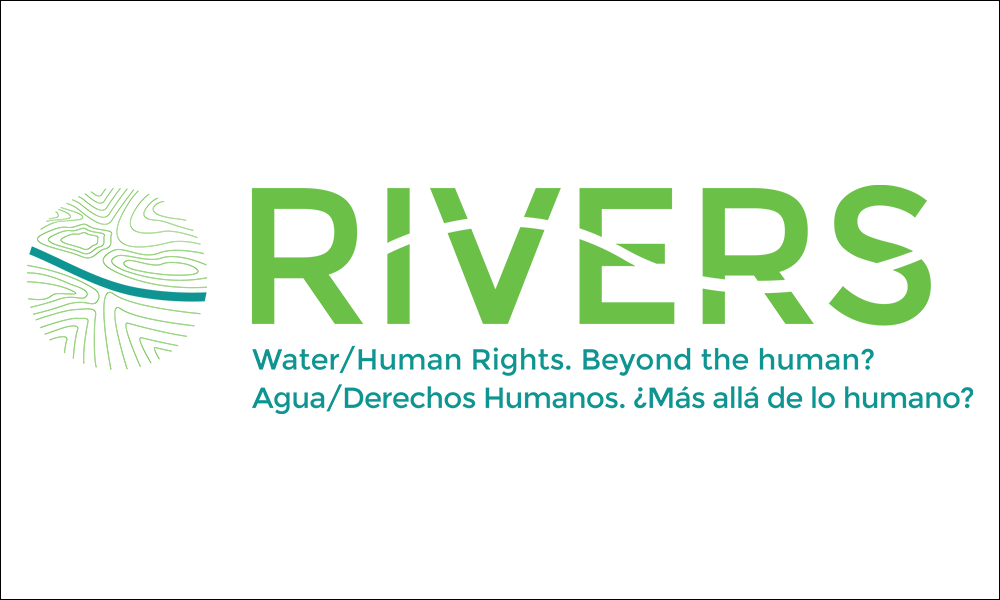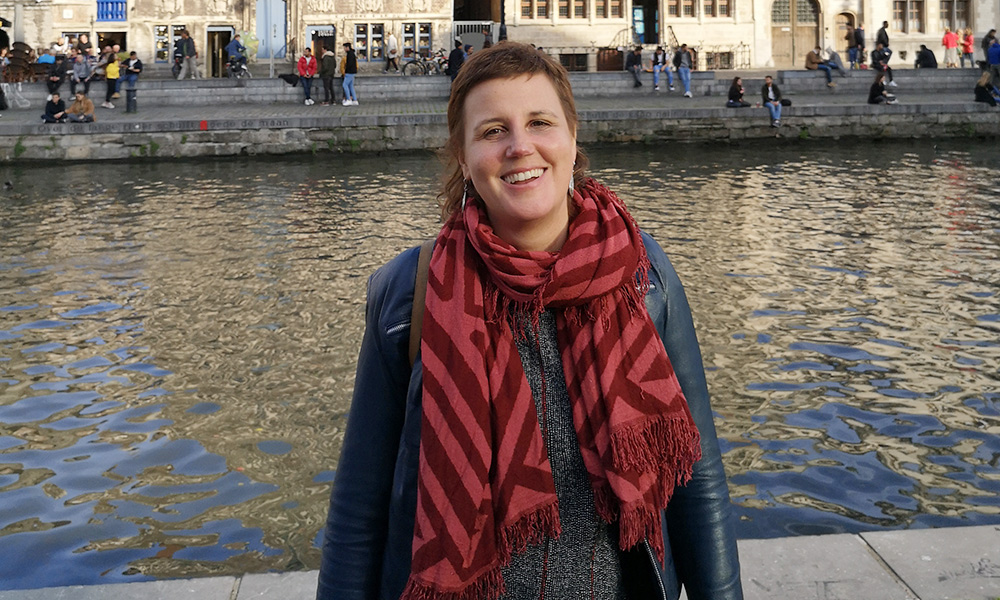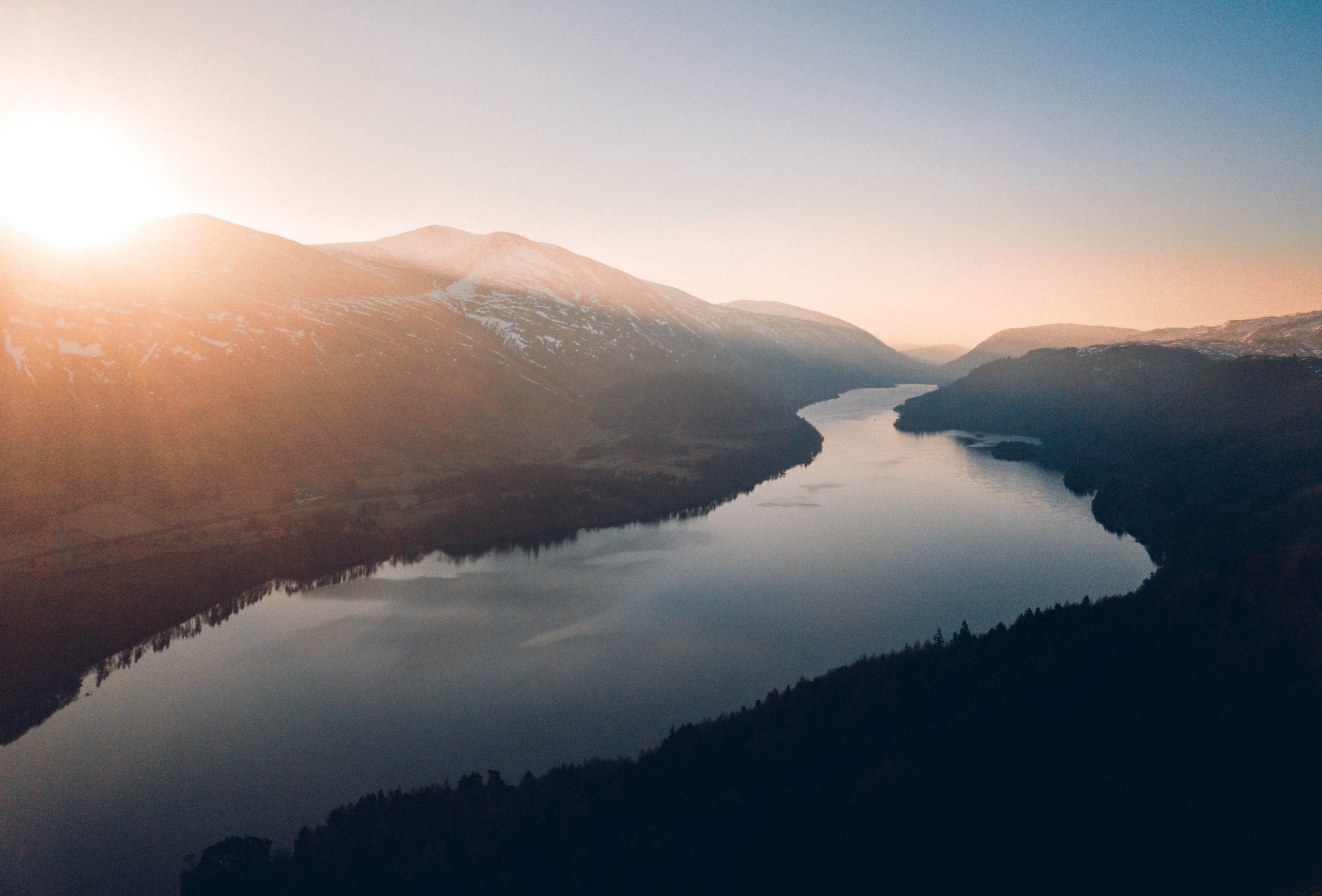To produce innovative knowledge of human rights in relation to the different indigenous ways of conceiving water: this is the objective of RIVERS, a Starting Grant scientific project by the European Research Council (ERC) that is being developed at the Universidad Carlos III de Madrid (UC3M). This project intends to analyse the following issue: To what extent can the international law of human rights tackle the plurilegal realities of water?

The RIVERS project adopts an interdisciplinary approach, crossing the fields of human rights and legal anthropology. “This project intends to address new ways of thinking about water, beyond the modern division between nature and culture, providing evidence of future ways to re-conceptualise human rights”, explains lead researcher, Lieselotte Viaene, from the Department of Social Sciences of the UC3M.
To do so, two large interrelated lines of action are considered. Firstly, they will analyse the different ways the indigenous people have of knowing and connecting to water, as well as studying the potential violation of the right to water on the part of certain extractive projects. And secondly, they will discuss the main challenges, difficulties and interlegal translation contributions of the diverse natures of water at national and international conferences.

In this sense they will develop a multi-situated analysis, including empirical case studies, in three contexts: Colombia, Nepal and the United Nations system of human rights protection recognised water as a human right in 2010. “RIVERS focuses on Colombia and Nepal as both countries are perceived as the regional examples with the most legal development in terms of human rights protection of indigenous people. In addition, on a local level in both countries, indigenous communities are faced with the successive dispossession of land and systematic violations of human rights by internal armed conflicts and extractive projects”, explains Lieselotte Viaene.
To what extent is our way of understanding and relating to water important? According to the researchers, water has traditionally been viewed in two ways: as a natural resource within a neo-liberal economic model or as a human right that should be legally protected. At present, conflicts over water around the world and the climate emergency are emphasising the way we understand and relate to water.










